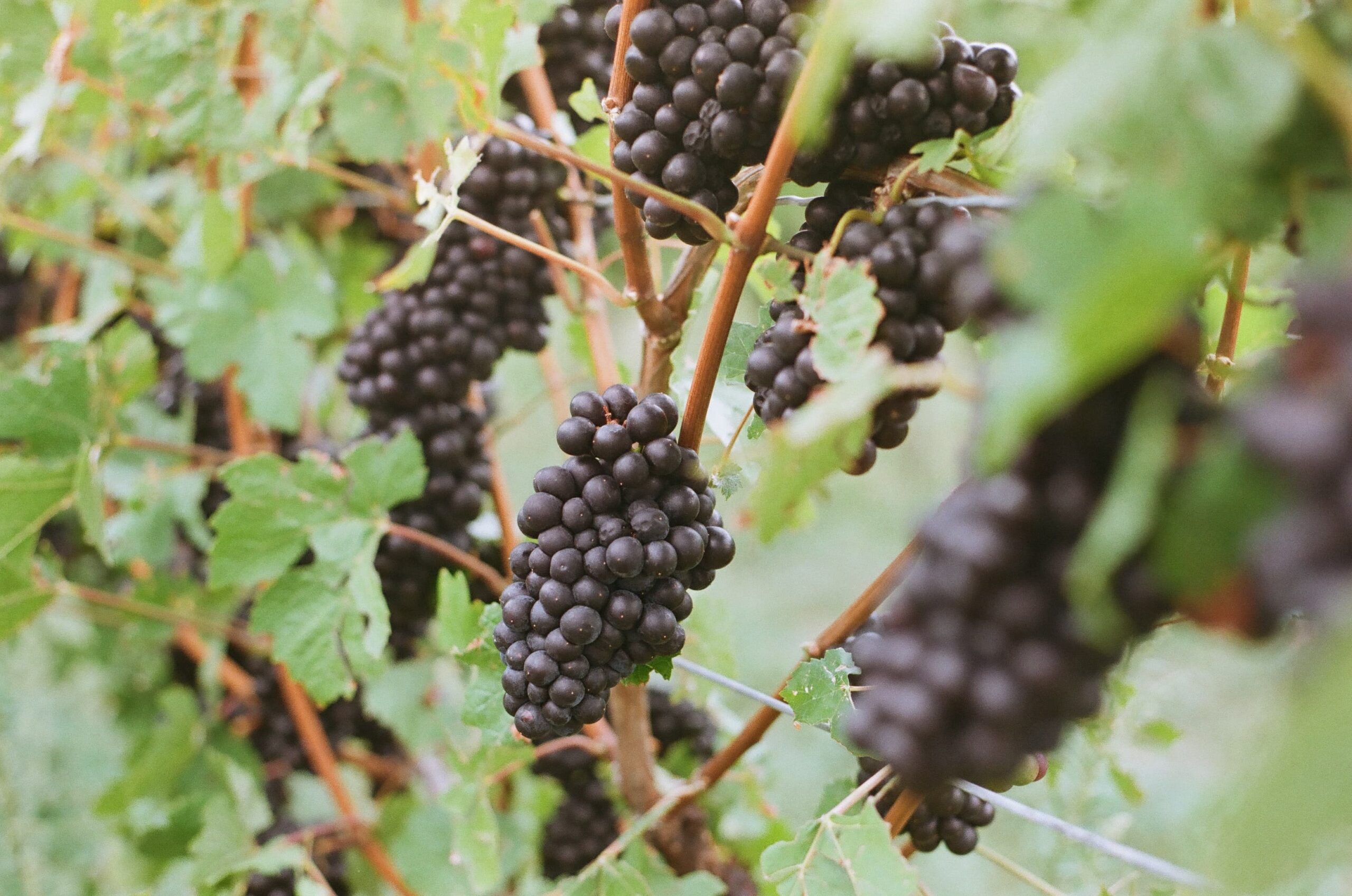What is a single vineyard wine?

Many people love single vineyard wines because they combine the fruits of nature with the creativity of humans, providing an expressive snapshot of a time and place in the world.
Have you ever seen the words ‘single vineyard wine’ on a wine bottle and wondered what that meant? Single vineyard wines simply contain grapes that all come from one vineyard. Most wines are made from a blend of grapes from multiple vineyards. However, single vineyard wines only rely on one piece of land.
Nature is inventive and creative. It designs landscapes and weather systems to create the perfect conditions for life. In some places in the world, it brings together the perfect mix of elements for exquisite grapes to grow. These are the places where single vineyard wines are made.
When you’re tasting a single vineyard wine, you’re experiencing the essence of its terroir. The soil, microclimate, topography, altitude, sunlight, and rainfall patterns all shape the flavour of the grapes. Nature determines the grape’s ripening process and the winemaker has to work with an area’s unique chemistry to enhance the flavours, aromas, and overall profile of the single vineyard wine.
Single vineyard wines are rare gems
Most wines are made from grapes that come from multiple vineyards. If the grapes in one vineyard don’t ripen quite right, they can be blended with the grapes from another vineyard. If the weather conditions stop grapes from growing in one area, grapes can still be sourced from another. The varied characteristics of grapes from different vineyards can also be combined creatively, to provide a balanced and consistent flavour profile overall.
However, when producing wine from a single vineyard, all the natural conditions need to come together to produce something greater than the sum of their parts. The grapes grown there might be considered perfect as they are, so the producer chooses not to blend them with others. As a result, single vineyard wines often come from unique patches of land, are riskier to produce, and can carry a higher price tag.
The result of artistic intervention


A slight change in the minerality of the soil or the amount of sunlight can give neighbouring single vineyard wines different personalities.
Winemakers also need to possess an intimate knowledge and appreciation of the vineyard’s characteristics. With time and experience, they develop meticulous and careful practices that nurture their grapes to their full potential.
The more they care for the land, the higher the quality of the wine they produce. When unexpected weather events arise, they are also pressed to find innovative ways to protect their grapes. They exercise a fair amount of control over how their grapes are farmed, helping the vineyard to form its own sense of identity.
Mementos of time and place
Many wine lovers want to know more about the wines that they are drinking. It’s interesting to know how and where the wine was made. When you drink a single vineyard wine, you know its exact origin and get to experience a memento of a time and place. You get to sit back and admire how mother nature has expressed herself in a particular region. Single vineyard wines are also produced in limited numbers, adding to their appeal.
Even within a small wine region, a diverse variety of single vineyard wines can be produced. A slight change in the minerality of the soil or the amount of sunlight can give neighbouring single vineyard wines different personalities.
A strong sense of identity
Single vineyard wines are not necessarily better than blended wines, but they are distinct. Grounded in their specific origins, they are born from the connection between humans and nature. They can teach us much about the people and places they come from.

